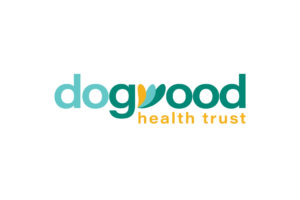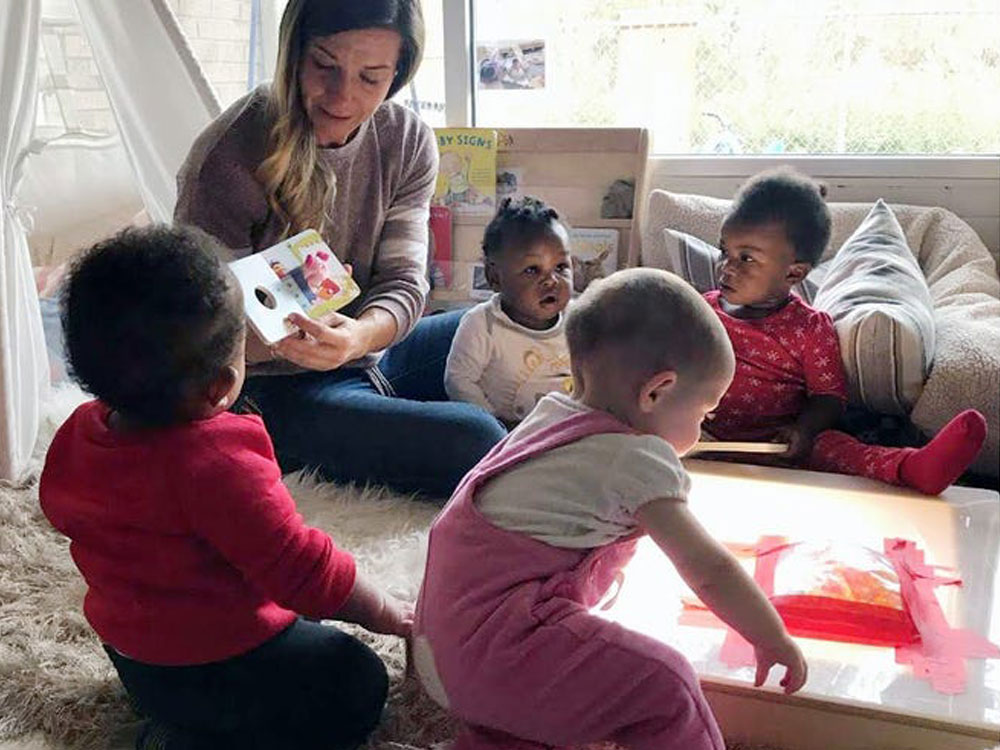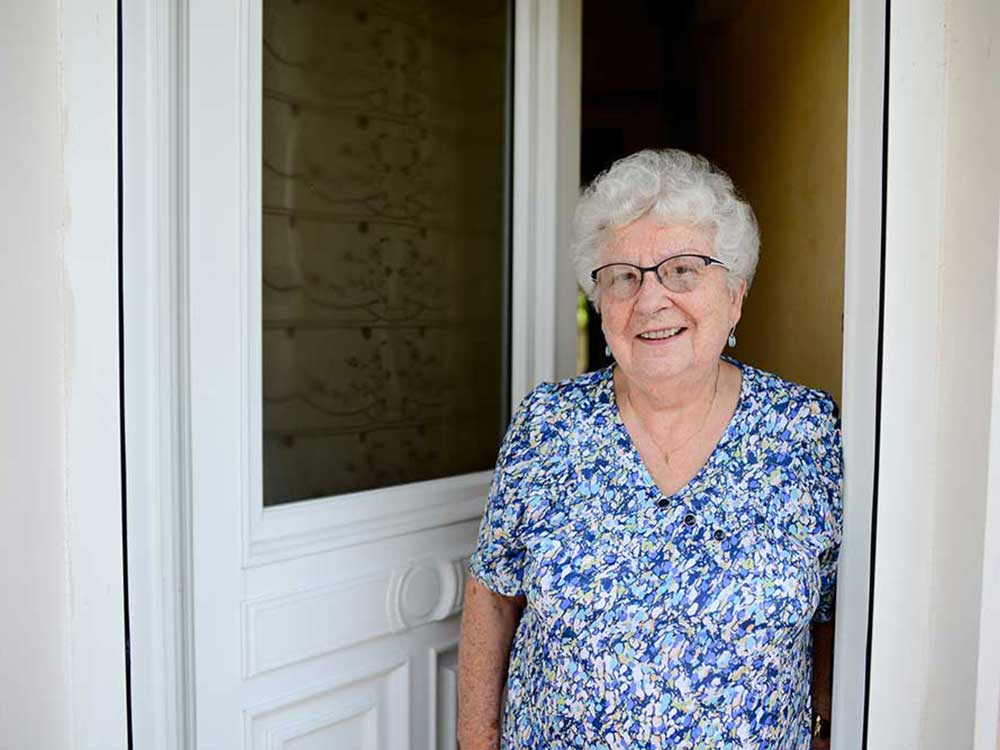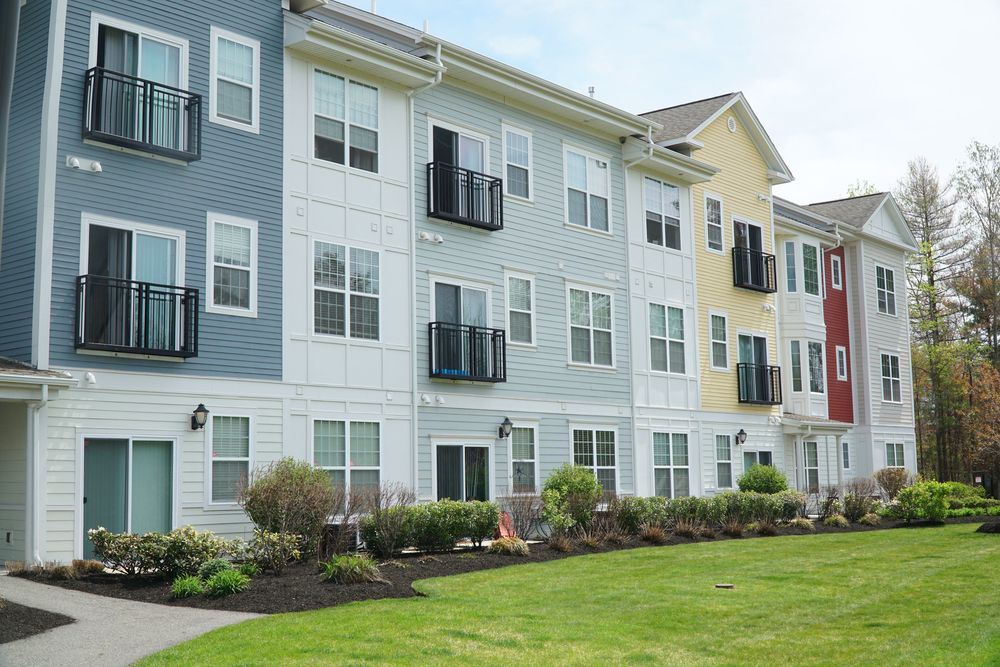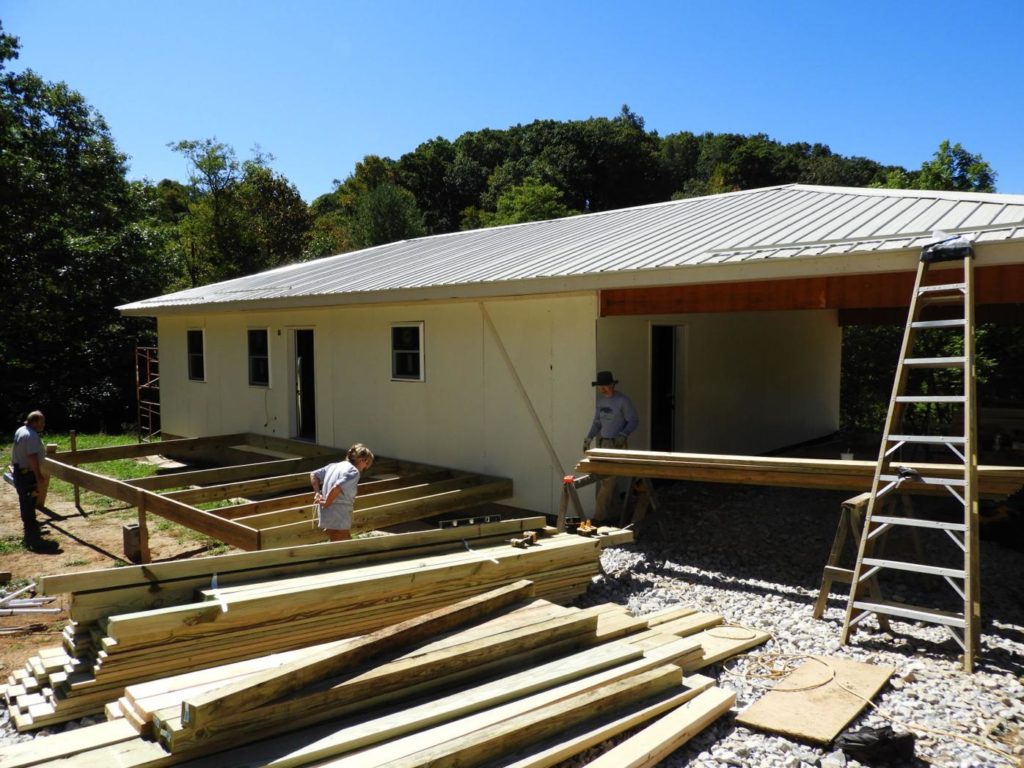Asheville, N.C. – In accordance with their Commitment Letter to the Office of the Attorney General, the Dogwood Health Trust Board of Directors bid farewell to two Buncombe County directors and appointed eight new non-Board members to committees at its December board meeting. Per the agreement, two of the Board members who reside in Buncombe County agreed to not seek re-election at the expiration of their term of office ending December 31, 2019. Additionally, the Dogwood Health Trust Board of Directors made a commitment to appoint during 2019 at least six non-Board members, one from each of the sub-regions within the Eastern and Central areas of the region, as well as two individuals from the Western region, to be assigned among the following three Board committees: grants-making, covenant compliance, and nominating. A full copy of the Commitment Letter can be found on the Dogwood Health Trust website.
Directors Wyatt Stevens and Bob Roberts, both of whom reside in Buncombe County, rotated off the Board at the December board meeting. “We are grateful to Wyatt and Bob for their dedication and commitment to Dogwood Health Trust,” said Janice Brumit, chair of the Board of Directors. “Their leadership served us well in helping to shape our purpose, as well as the tone and tenor of how we approach grantmaking.” Brumit notes that with the departure of these directors, the Board has an opportunity to fill the open seats, as well as an obligation to “take measured steps in order to meet the high level of expectation placed upon the Trust.”
As referenced in the Commitment Letter, the appointment of non-Board members will serve to “build community engagement and to broaden the opportunity for input into the planning and launching of Dogwood’s board composition, its charitable focus and grant programs.” While the Commitment Letter specified the appointment of six non-Board members, the Board of Directors instead decided to appoint eight non-voting committee
members at the December board meeting. Those new committee members
include Admiral Richard Houck, Annette Staley, Bishop José McLoughlin, Harris
Prevost, Suzanne Landis, MD, Brian Mitchell, MD, Dwight Mullen, PhD, and April Ross,
RN.
Dogwood Health Trust is a North Carolina nonprofit corporation with the sole purpose of dramatically improving the health and well-being of all people and communities of Western North Carolina. Dogwood Health Trust became operational upon the sale of Mission Health’s assets to HCA Healthcare and is the recipient of the net proceeds of the sale. To learn more, please visit www.dht.org.

